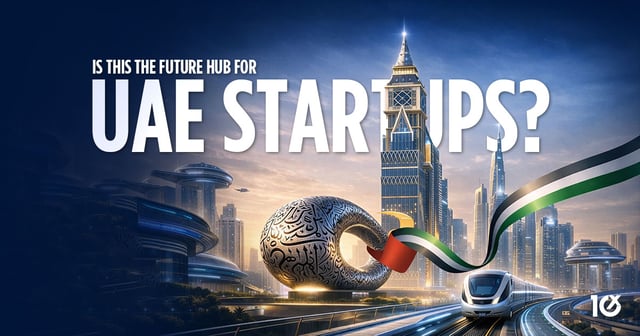Can AI beat humans in solving the world's biggest problems?
New technologies, such as artificial intelligence (AI), are sometimes so vast in their applications that it is difficult for people to imagine everything that it can do. Looking back at the 1980s and 1990s, very few people would have expected the enormous impact that the Internet could have on human lives. Nowadays, we are completely dependent on it.
The same goes for AI, where people have heard of the technology but are uncertain of its applications. That is not surprising, as the word is often used as a buzzword by companies’ marketing team and startups that are trying to raise funding from venture capital firms.
That does not mean, however, that AI does not have any fruitful applications. On the contrary, there are many fields where AI can have a significant and life-changing impact. Below, we explore a few of these fields and look at how AI can beat humans in solving the world’s biggest problems.
Transportation
One of the most commonly known applications of artificial intelligence is transportation, as self-driving cars are becoming ever-so common. Of course, there is a steep learning curve for the entire industry, and it has had negative consequences through collisions as well, but these self-driving cars can be safer than human-driven cars. Additionally, if these cars will be able to ‘talk’ to each other in the future, the overall transportation system could become much more efficient as well.
Moreover, the increase of self-driving cars and driving-assisted cars such as Tesla also gives rise to more free time for commuters, as less attention is required to get to work. Consequently, people are less stressed during their commutes and will be able to accomplish other tasks as well, which might be a welcome change from a dreaded commute every day.
Healthcare
Another potentially life-changing application of AI is in healthcare, as the technology can help with the detection of diseases, be it more efficiently or accurately. In the case of IBM Watson Health, the AI department of the tech giant IBM, the ground-breaking discovery about the ALS (Amyotrophic Lateral Sclerosis) disease was made in partnership with Barrow Neurological Institute, where certain new genes were linked to ALS.
This type of research, which would have taken an insurmountable amount of time for human beings, is incredibly important for the quality of life. Hence, the introduction of AI in such a field is hugely beneficial.
The UAE sees this potential and is supporting a number of startups. Recently, the Abu Dhabi department of Health signed a memorandum of understanding with Saal.ai, an artificial intelligence company, to develop AI healthcare solutions. Moreover, it also joined hands with Plug and Play to launch a healthcare accelerator in 2020.
Education
While a certain human element is incredibly important in the classroom, AI can certainly support teachers and professors with the more menial tasks that come with their jobs. For example, reviewing papers and other routine tasks could be taken off their plate, which leaves them more room to focus on the child’s development.
Teacherly, a UK-based startup, is already working with Dubai Future Foundation to put its AI-powered digital platform in practice for some of the schools under UAE’s Taaleem education group. Moreover, Alef Education has transformed dozens of schools across Abu Dhabi with its AI-powered solutions. In fact, it has deployed its solutions in the United States, in the city of New York.
Energy
Last, but certainly not least, on the list is energy, which has increasingly become a hot topic. With nations still being largely oil-dependent and energy consumption at an all-time high, using energy efficiently through the help of AI could be a game-changer.
For example, Deep Mind, the artificial intelligence company acquired by Google, helps the company explore inefficiencies in the power usage of its data centres, and thereby helping the company save around 40% of its energy costs of the server farms.
These applications, which are often introduced in giant industries, are incredibly important to improve efficiency, save costs and improve overall human life. When combined with other technologies, such as Internet of Things (AI), blockchain or 5G, the impact could be unimaginable.
So yes, AI can beat humans when it comes to making these types of discoveries – however, it’s the humans that are developing AI technologies that can have this impact.
At the end of the day, AI is just a tool or a means to an end. Humans will need to guide it to maximise its impact.






